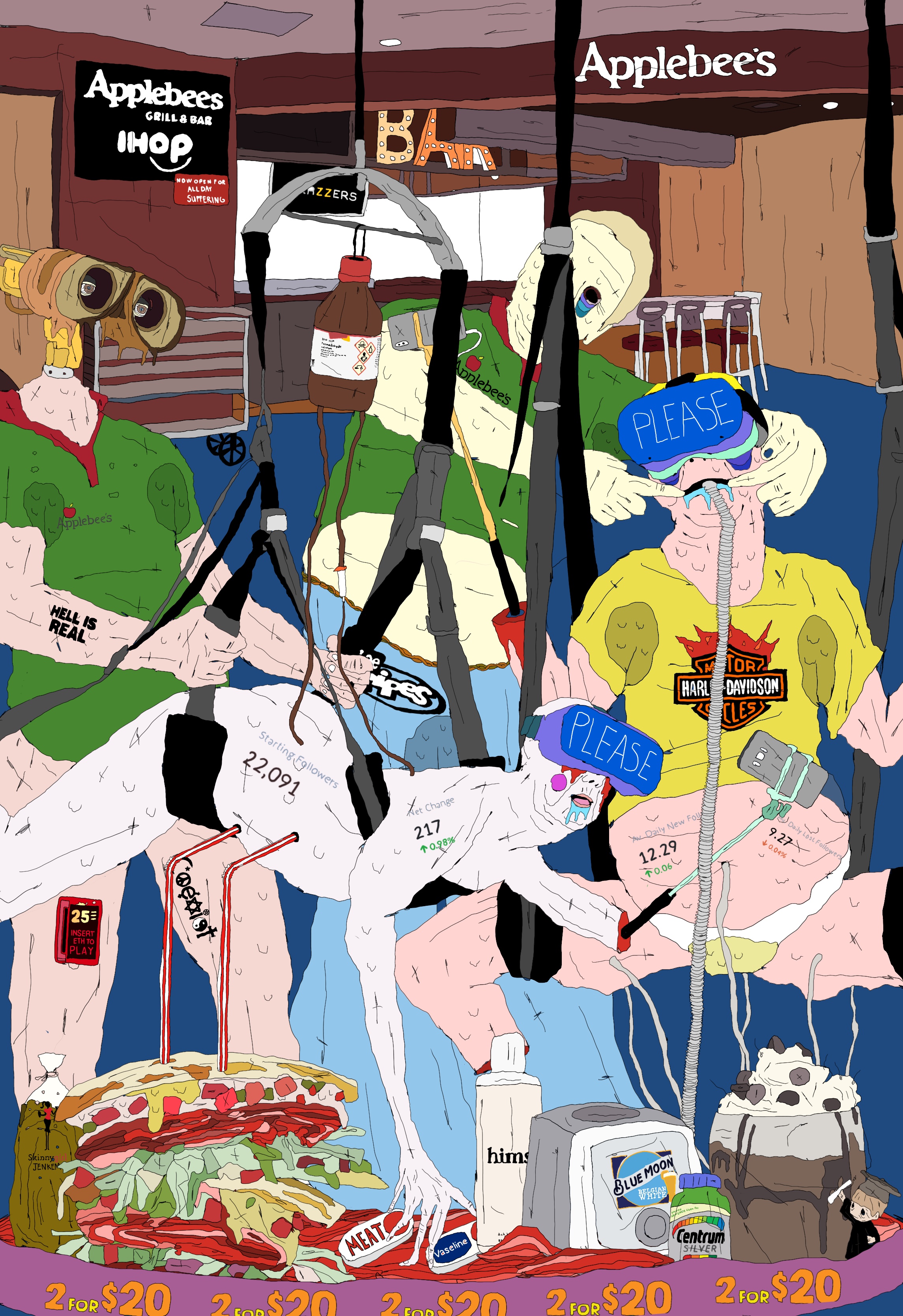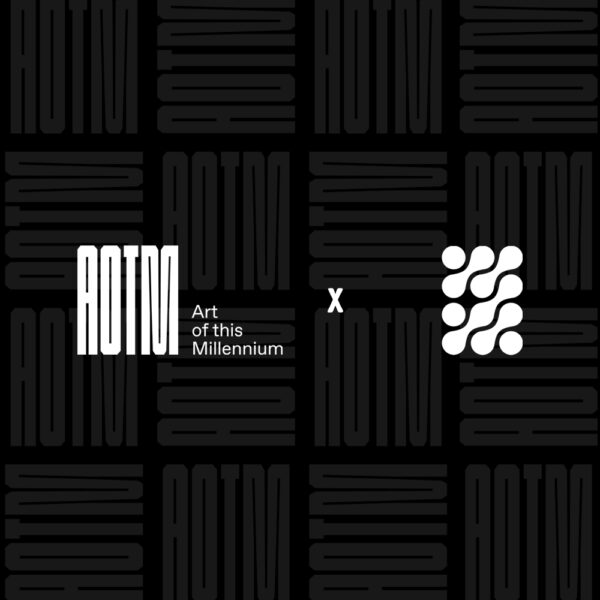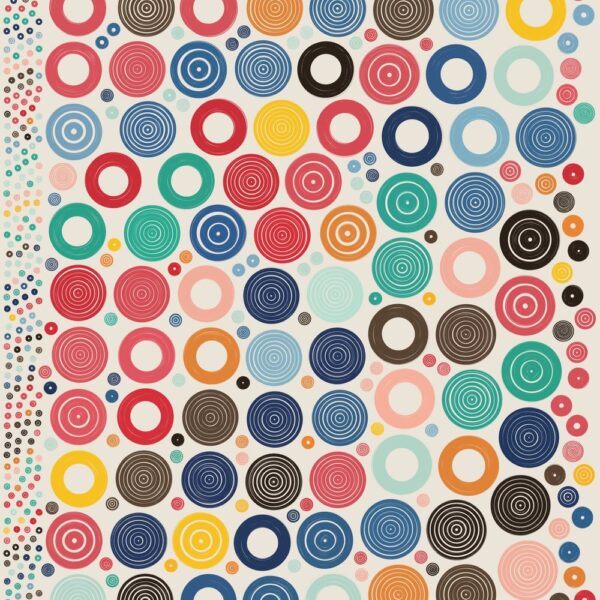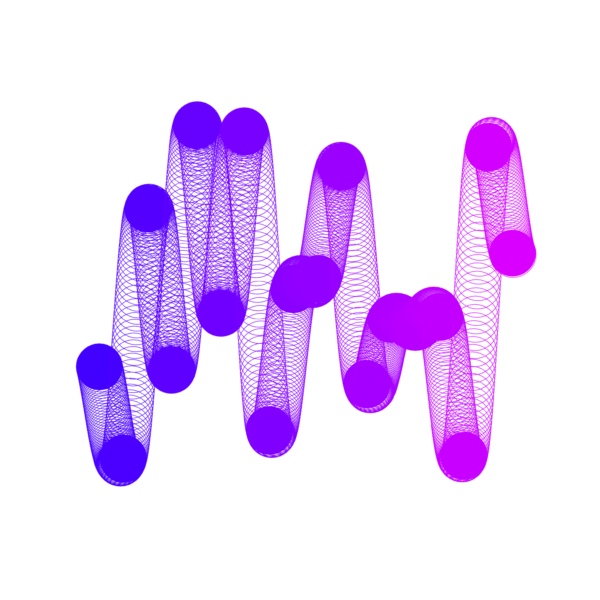The Abject Digital Realism of diewiththemostlikes
This article embarks on a critical exploration of Mark Wilson's, also known as diewiththemostlikes, digital artistry, examining its profound resonance with Julia Kristeva's theory of abjection—a psychological concept exploring the human reaction to what is fundamentally disturbing or disruptive to identity and order. We unravel how Wilson's visceral depictions of Midwestern Americana challenge and redefine the boundaries between the individual and the collective psyche in our digital age.
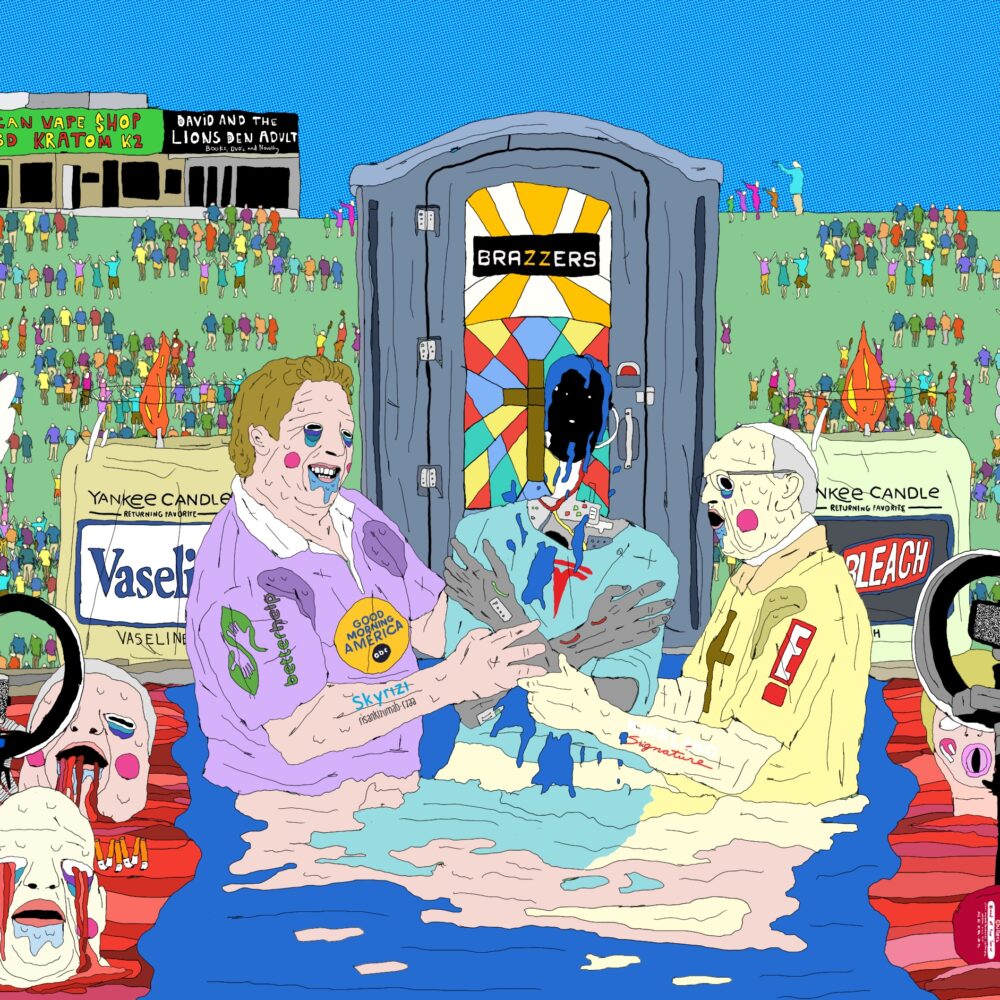
Mark Wilson delves into a realm of digital art that vividly resonates with Julia Kristeva’s theory of abjection. Julia Kristeva, born in 1941 in Bulgaria and later becoming a pivotal figure in French psychoanalytic thought after her studies at the University of Paris, delves into the concept of abjection. As a renowned psychoanalyst and philosopher, Kristeva articulates abjection as the human response to the precariously blurred lines between the self and the other, or the subject and object, leading to a profound crisis in identity and meaning. Wilson’s works, deeply entrenched in the banalities and grotesqueries of Midwestern Americana, manifest this abjection, challenging viewers to confront the dissolution of both societal and personal boundaries.
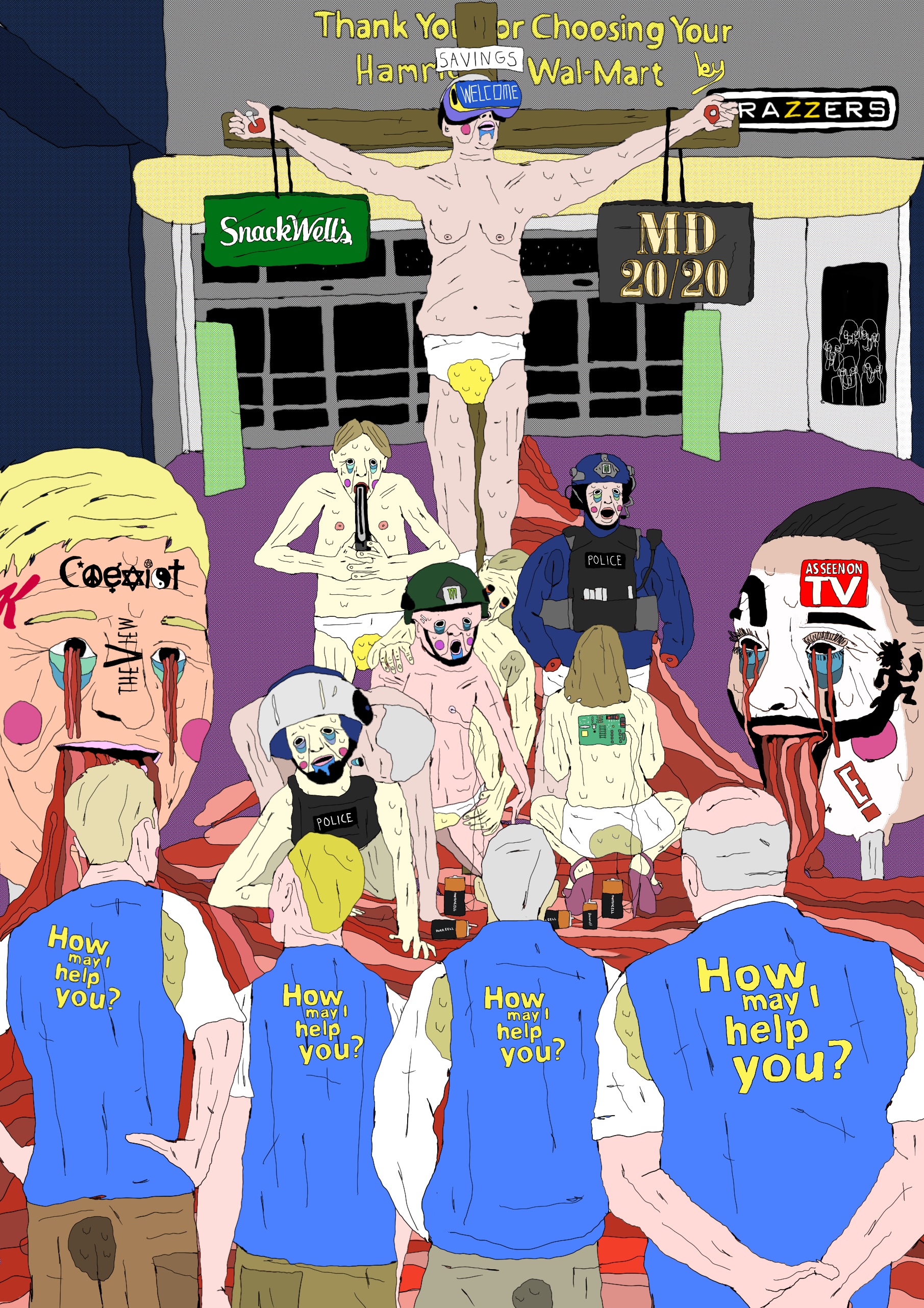
In ‘precious moments,’ Wilson presents a disturbing self-transformation, reminiscent of Kristeva’s abjection and reflecting the disintegration of the self, akin to the turmoil captured in Edvard Munch’s “The Scream.” “we weren’t full yet: we ate” portrays a ritualistic, almost compulsory act of consumption, mirroring the tension between desire and repulsion central to Kristeva’s abjection.
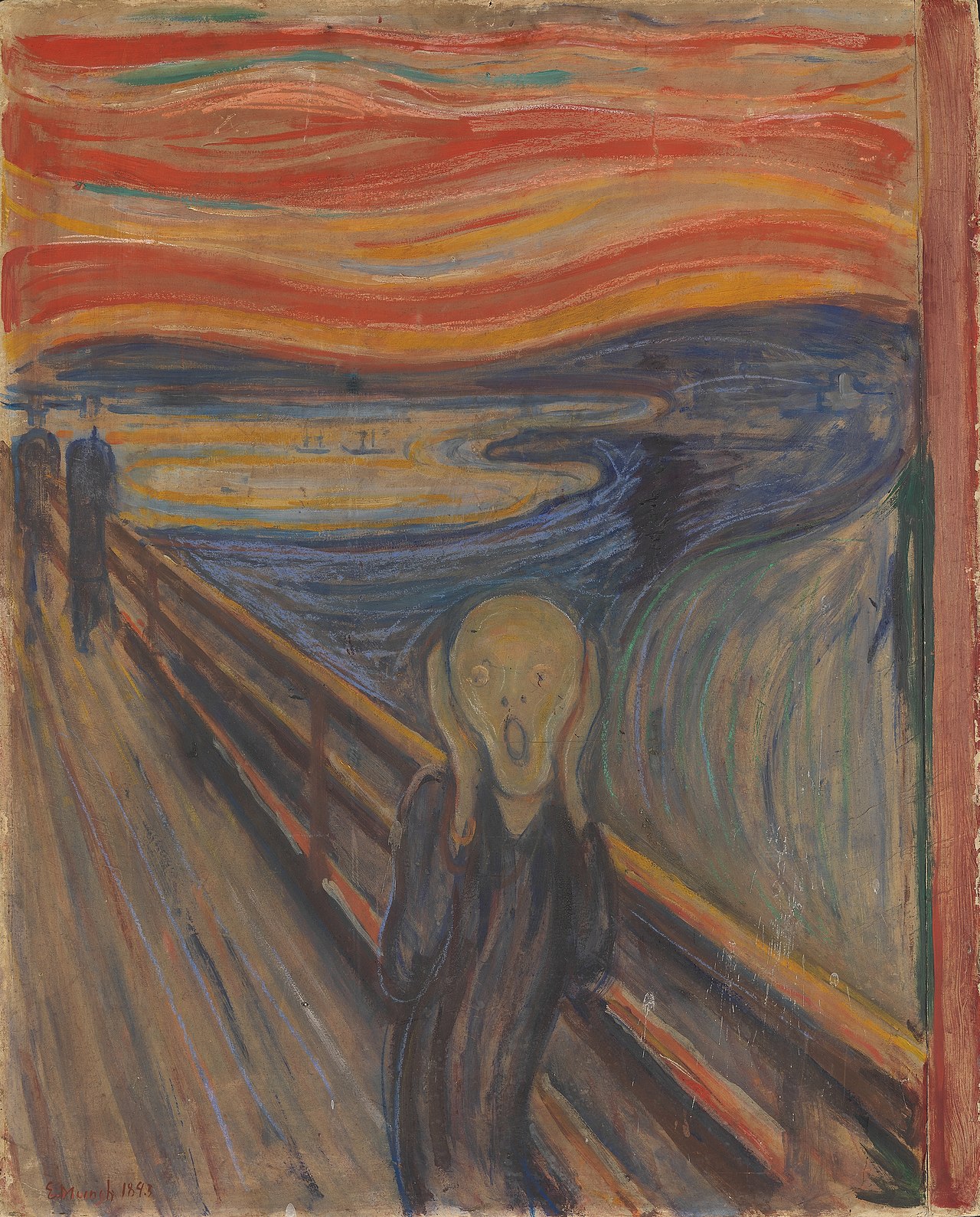
In Mark Wilson’s evocative piece ‘we’re not going to make it,’ the Midwestern landscape is starkly reimagined as a scene of dystopian despair. The artwork presents a surreal gathering of individuals in a nondescript parking lot, eerily illuminated by a sign that proclaims ‘Kirkland Signature Art,’ its top edges ominously licked by flames. This setting becomes a theater for a bizarre ritual; people queue under the massive sign, their bodies canvases for tattoos etched with the lexicon of digital culture—phrases like ‘WAGMI,’ ‘GM,’ and ‘GN’ embedded into their skin. The tattoo artist, distinguished by a Twitter-esque blue checkmark on his forehead, administers a tattoo on the forehead of a person whose throat is gruesomely slit, blood seeping out in a macabre display. Adjacent to this grim spectacle, another figure indulges in consuming meat directly from his wallet, his figure marked by excess, clad in a garish Gucci pink T-shirt. This stark tableau melds consumerist excess with the dark underbelly of digital culture, crafting a poignant commentary on contemporary societal decay. This bleak portrayal draws parallels to Andrew Wyeth’s ‘Christina’s World,’ where a seemingly serene landscape conceals underlying disquiet. The piece echoes Kristeva’s idea of the abject as an entity that defies traditional boundaries and societal norms.
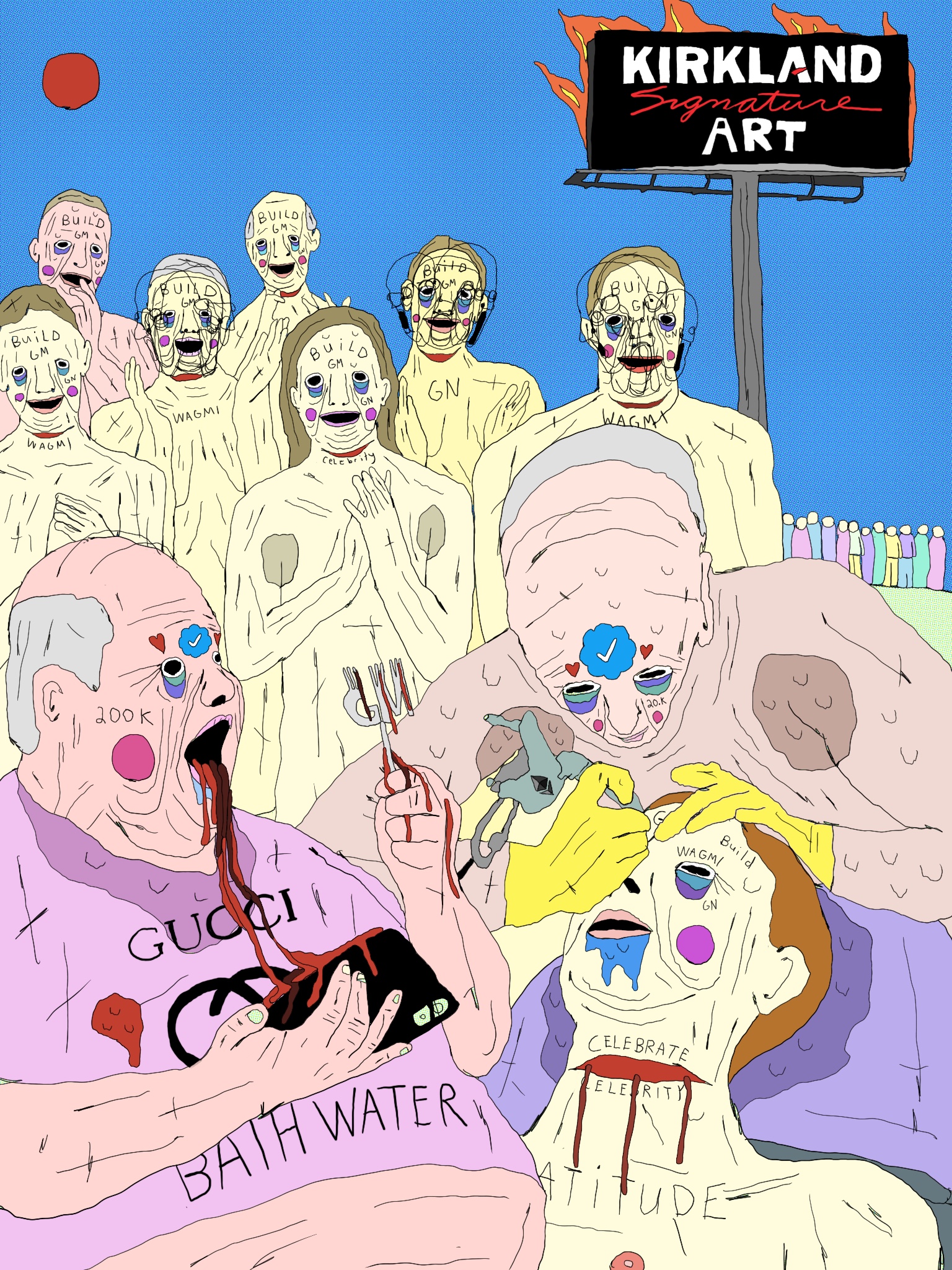
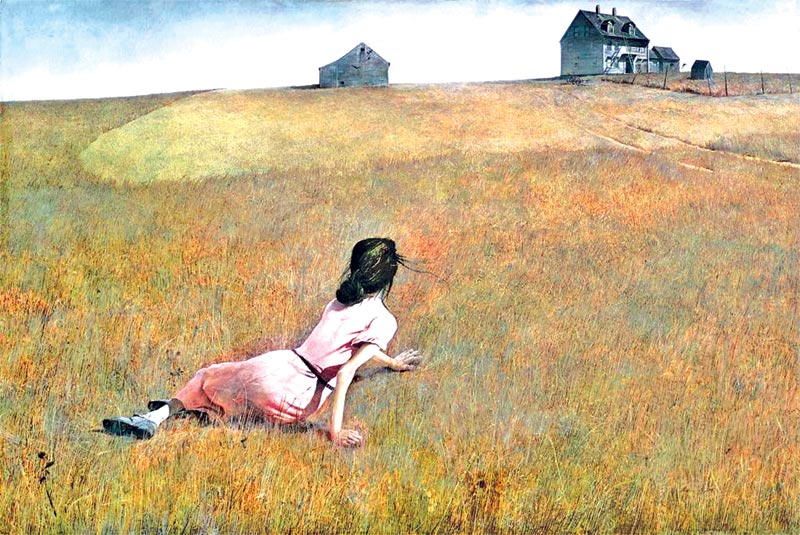
In Mark Wilson’s compelling piece, ‘air we once breathed,’ the ordinary is starkly contrasted with the grotesque, unveiling the abject undercurrents of everyday existence. The artwork depicts a group of individuals in a seemingly serene green field, yet this tranquility is disrupted by the ominous presence of highway signs—one notably proclaiming ‘Hell is Home’—and the industrial menace looming in the distance. The central figures are engaged in a disturbing ritual, inhaling smog that emanates from industrial smokestacks shaped like gaping mouths, a vivid illustration of humanity’s consumption and regurgitation of its own destruction. This cyclic process of destruction, where the eyes of the figures seem to melt and merge with the toxic emissions, mirrors the cyclical nature of abjection as described by Julia Kristeva, where the self continually confronts the threat of dissolution into the other. Wilson’s portrayal, much like Francisco Goya’s ‘Saturn Devouring His Son,’ uses the grotesque not merely for shock but as a profound medium to confront and reflect upon the harsh realities of our existence, resonating deeply with Kristeva’s exploration of the abject as a fundamental challenge to identity and order in the human psyche.
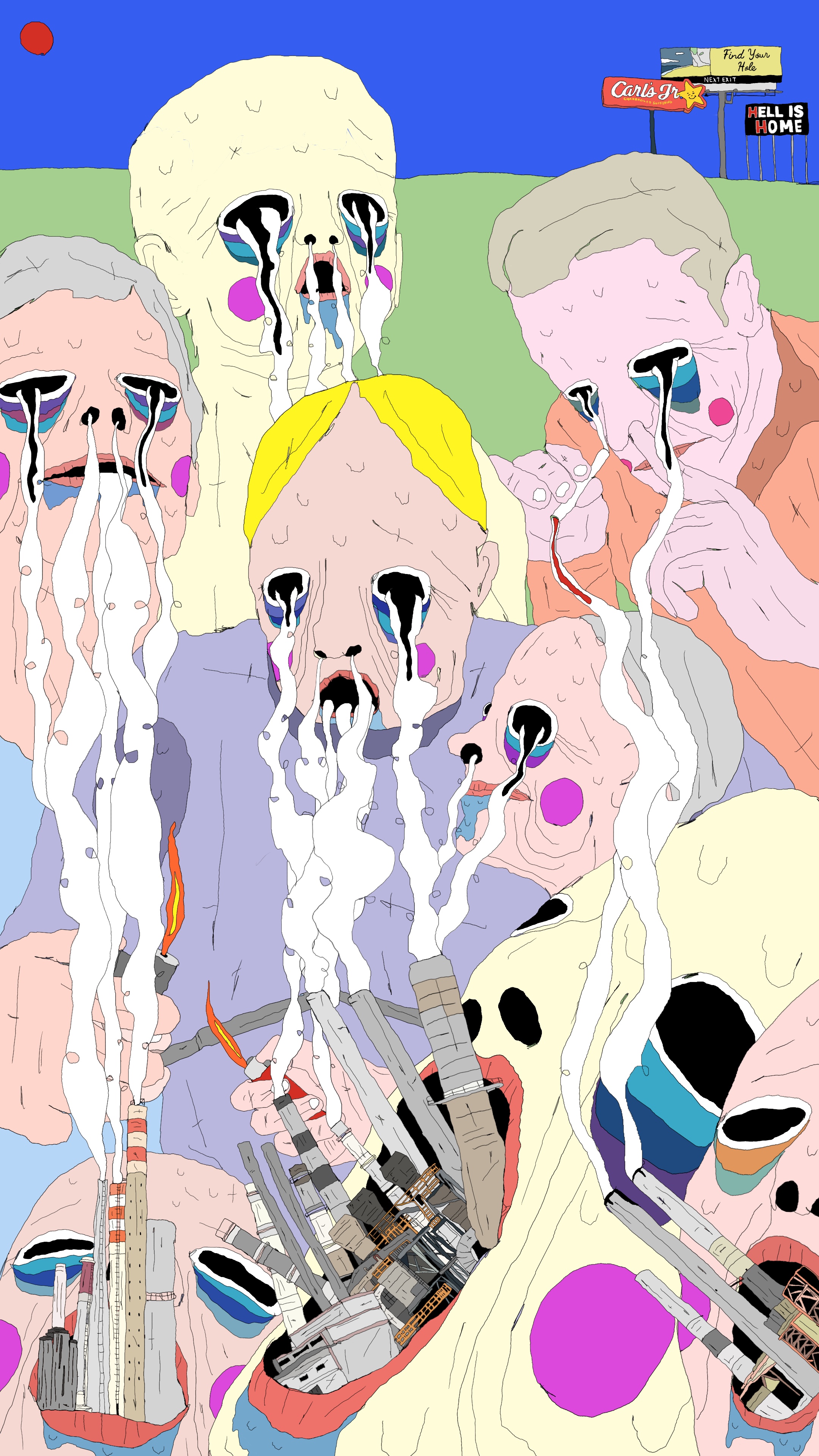
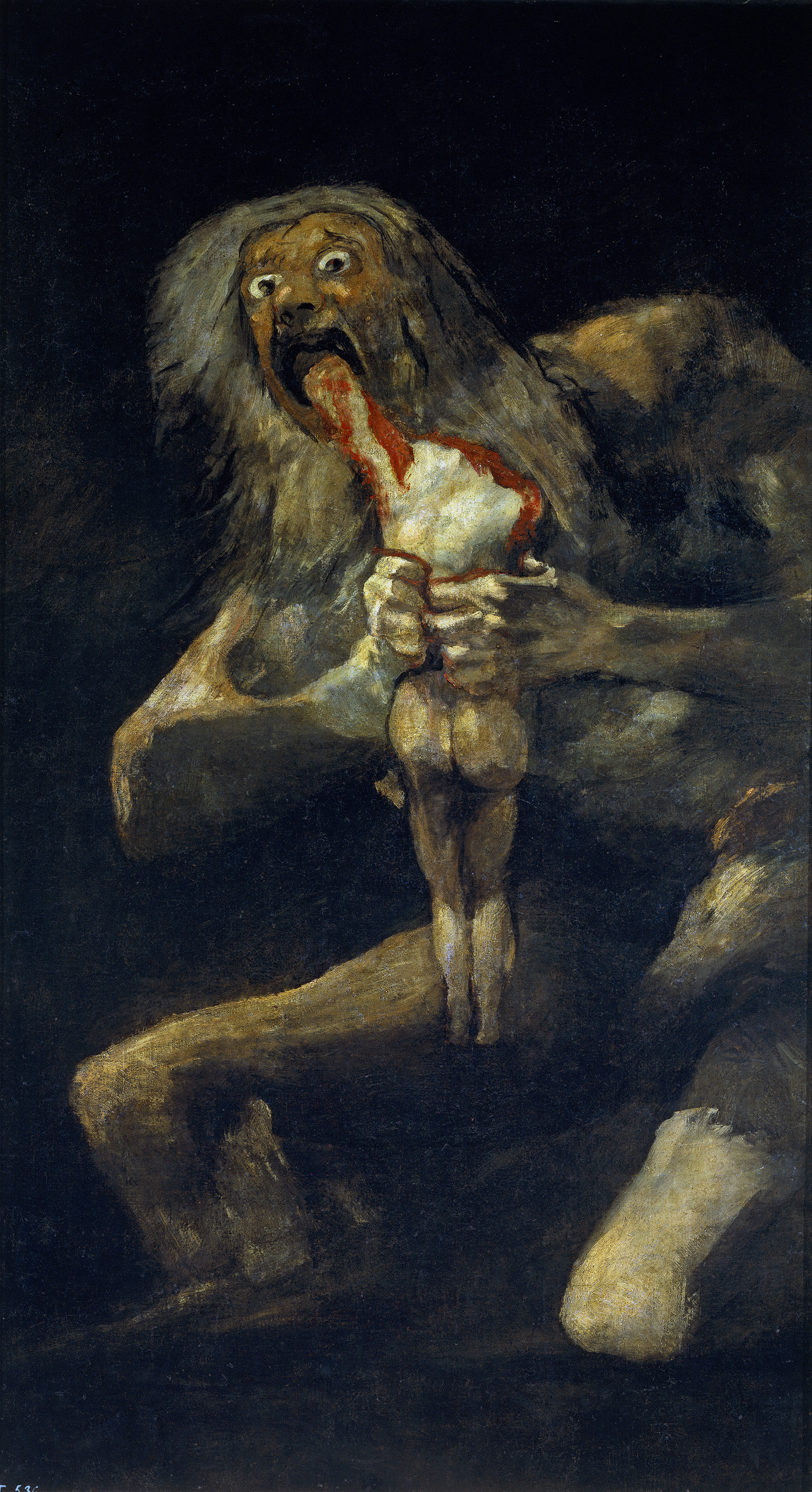
Wilson’s digital oeuvre, echoing the revolutionary spirit of Marcel Duchamp’s ‘Fountain,’ boldly redefines the parameters of art. By delving into themes of commodification and societal decline, he paints a portrait of a culture where personal and communal realms are ensnared by the market’s grip, all depicted with a satirical edge that lays bare the unsettling realities of our times. This candid exploration sets the stage for a deeper reflection on the complexities of modern life, seamlessly leading into a broader contemplation of our digital and existential landscapes.
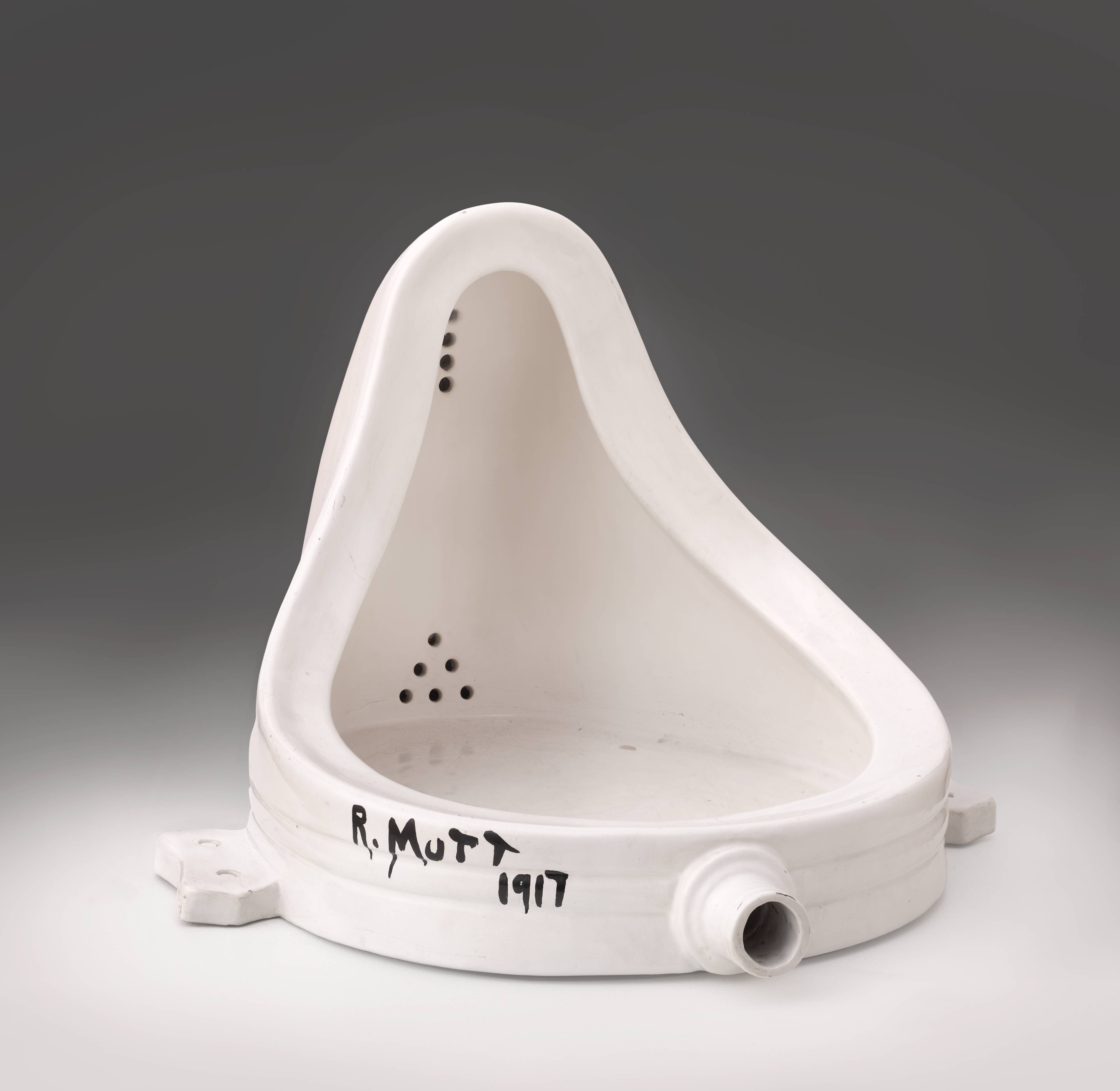
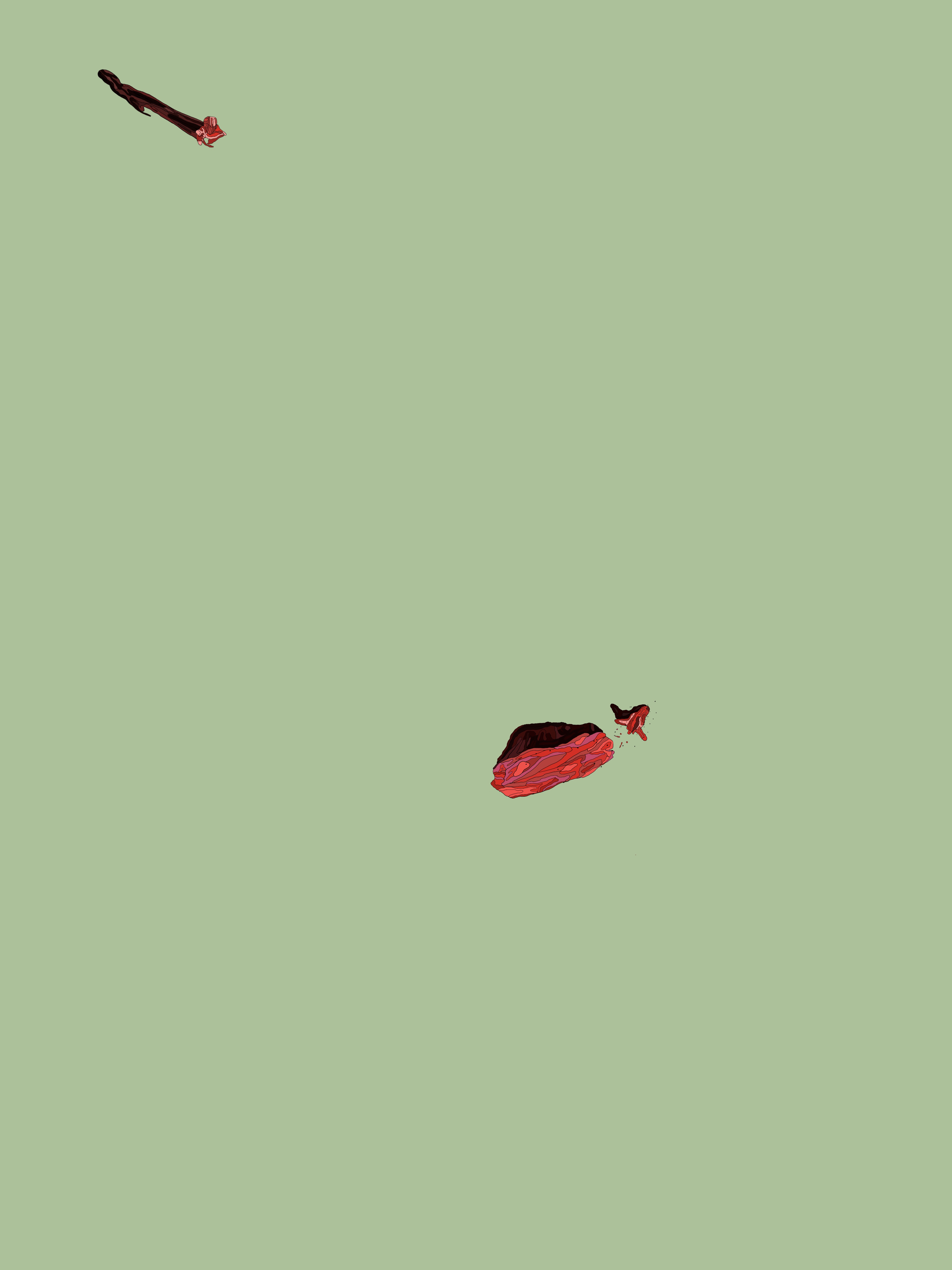
In the digital landscapes crafted by Mark Wilson, also known as diewiththemostlikes, the viewer is compelled to navigate the unsettling terrains of the abject as conceptualized by Julia Kristeva. Through his vivid depictions of the grotesque nestled within the mundane, Wilson not only challenges the viewer’s perceptions but also invites a deeper engagement with the underlying themes of identity, societal decay, and the disintegration of boundaries that define our contemporary existence. His art, resonant with historical echoes from Goya to Duchamp, serves as a modern-day memento mori, reminding us of the fragility and complexity of the human condition in the digital era. As we stand at the crossroads of virtuality and reality, Wilson’s work emerges as a crucial narrative, urging us to confront and perhaps reconcile with the abject realities that shape our collective and individual psyches.
